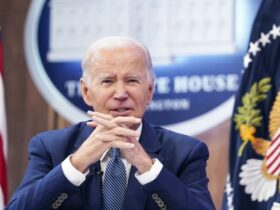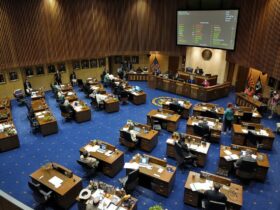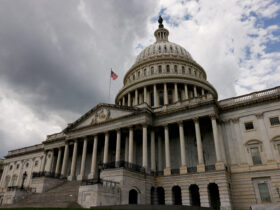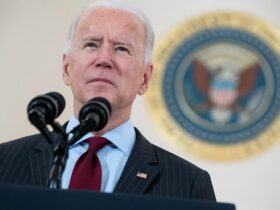United States: A federal appeals court on Tuesday night declared a temporary pause on the implementation of Texas’ immigration law, known as SB 4, hours after it had been granted that the state be able to enforce the new legislation by the Supreme Court.
The 5th US Circuit Court of Appeals, with a three-judge panel, voted 2-1 in a short order to overturn an order that was issued by the other panel that allowed the law that allows state officials to arrest and detain people who are known to be entering the country illegally to be temporarily implemented.
The next hearing date is scheduled by the judges
A panel of judges who awarded the order yesterday afternoon is scheduled to hear arguments on the request for a stay of Senate Bill 4, which had been suspended by a federal judge on Sunday night, during a morning session today.
There was one member of the court, the Judge of Circuit Andrew Oldham, who said publicly that he was in favor of keeping the law in effect.
He added, “I would leave that stay in place pending tomorrow’s oral argument on the question,” as CNN Health reported.
No matter what the 5th Circuit does afterward, after this week’s arguments, the appeals court will still conduct next month’s hearing by way of asking whether the law is unconstitutional and it must be prevented for good.
The legal tussle over SB 4
The legal tussle over SB 4 at this point had already hit the Supreme Court a day earlier, which had deferred the measure to be put into effect after clearing the way for appeals from the Biden administration and others.
The ruling was major because of its short-term victory – having high stakes for most of the president’s immigration statutes.
The Appellate Court was impelled to set oral arguments a few hours later as it pondered whether to stay the law while it considers the legal challenges to it. Today’s oral arguments will run virtually by 11ET, as CNN Health reported.
The SB 4, signed into law by Republican Governor of Texas Gov. Greg Abbott in December, made entering Texas illegally a state crime and allowed the state’s judges to order immigrants to be deported. Immigration enforcement like-wise is the mandate of federal agency.
Controversy surrounding the legislation
The legislation has roused much controversy concerning stepped-up racial profiling besides detentions and deportation attempts by state authorities in Texas, whereupon Latinos amount to 40 percent of the whole population.
A federal judge in Austin who had blocked the state government from implementing the law stated that it “could open the door to each state passing its own version of immigration laws.”


















